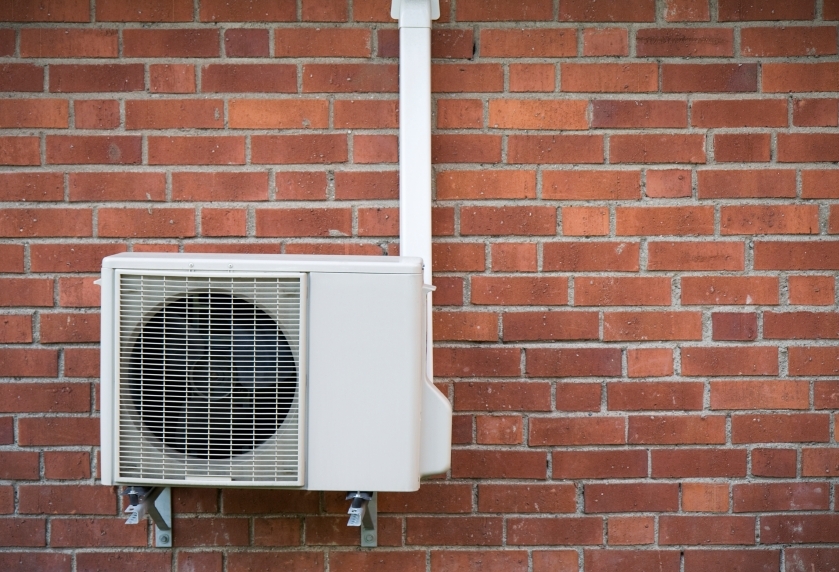According to a new paper released by the UK government, the Non-Domestic Renewable Heat Incentive (RHI) reforms in 2017-18 were successful in stimulating the adoption of renewable heat technologies.
The RHI scheme had been introduced to stimulate the adoption of renewable heat technologies such as solar thermal, heat pumps, biomass and more. This was achieved by helping businesses, public sector and non-profit organisations meet the cost of installing the technologies.
Payments were made over 20 years and were based on the heat output of the system.
New documentation, which draws on findings from research carried out between January 2017 and January 2023 by CAG Consultants, Winning Moves, Wavehill and University College London, found that long timeframes and policy certainty were important in supporting major investments in renewable heat.
The report states that “various reforms introduced between September 2017 and May 2018 – together with degression and budget cap mechanisms – were effective in improving the subsidy cost-effectiveness of the scheme”.
However, various applicants and supply chain stakeholders found that the various reforms, together with the risk of quarterly tariff degressions, contributed to uncertainty about investment decisions.
These changes were effective in reducing support for less carbon- and cost-effective technologies and instead increasing support for larger-scale, more carbon- and cost-effective renewable heat technologies.
With regards to large-scale heat pumps, the report said “the qualitative research found that the perceived barriers to large heat pump projects were sufficiently large that market prospects were limited in the absence of ongoing financial support”.
The report also states there is a clear need to support heat pumps via additional incentives and support to enable the technology to become a booming market within the UK.
One initiative that has bolstered heat pumps is the government’s Boiler Upgrade Scheme (BUS) grant which provides customers with a discount on heat pumps. For Octopus Energy, this allows the company to install heat pumps at £3,000 as opposed to £8,000.
However, there is a need to build upon this successful foundation and support the wider renewable heat industry, the report added.





